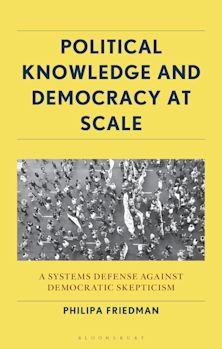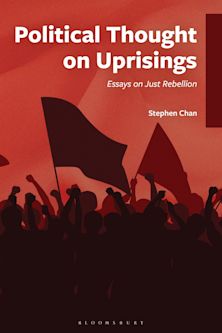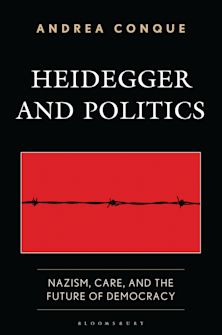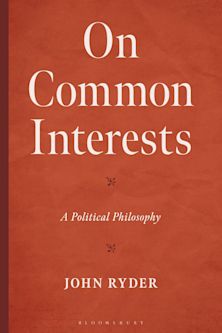This product is usually dispatched within 10-14 days
- Delivery and returns info
-
Free UK delivery on orders £30 or over
You must sign in to add this item to your wishlist. Please sign in or create an account
Description
This book provides a wide ranging introduction to the meaning and context of violence. The authors build upon David Riches's concept of "the triangle of violence" which examines the relationship between performers, victims and witnesses and his proposition that violence is marked by contests regarding its legitimacy as a social act. Adopting an approach which looks at the negotiated and contingent nature of violent behavior, Stewart and Strathern particularly stress the powerful underlying motivation for revenge and the often unacknowledged association between ideas of revenge and concepts of justice.These theoretical perspectives are applied to in-depth case studies from Rwanda-Urundi, Sri Lanka and Northern Ireland. The authors also draw on extensive field experience in Papua New Guinea, and ethnographic detail is used to address broader issues of considerable global importance.
Table of Contents
2. History and Histories
3. The Domain of Contested Legitimacy (Riches' sTriangle)
4. Colonial and Post-Colonial Contexts (Papua New Guinea)
5. Subjectivities (Papua New Guinea)
6. Revenge
7. Ethnicity, Violence and the State (Sri Lanka)
8. Conclusions: Toward and Eclectic Synthesis
Product details
| Published | 19 Dec 2002 |
|---|---|
| Format | Paperback |
| Edition | 1st |
| Extent | 208 |
| ISBN | 9780826460080 |
| Imprint | The Athlone Press |
| Dimensions | Not specified |
| Publisher | Bloomsbury Publishing |
About the contributors
Reviews
-
"This volume is a major contribution to the anthropological understanding of war, violence and conflict. The authors pursue comparative and historical perspectives that allow them to illuminate not only the ethnographic situation they have studied but also other contemporary instances of violent conflict."--Neil Whitehead, University of Wisconsin, Madison
-
"This book, which is written in an accessible but authoritative style, is highly recommended to all students of social and cultural anthropology, and also to those concerned with conflict, warfare and violence on a wider national or international scale who want to see what anthropological interpretations might have to offer."--David Riches, University of St. Andrews



































